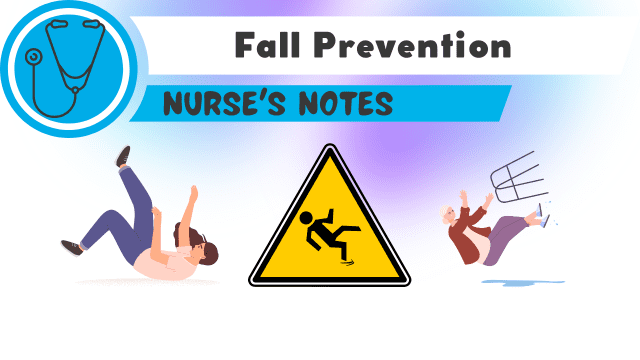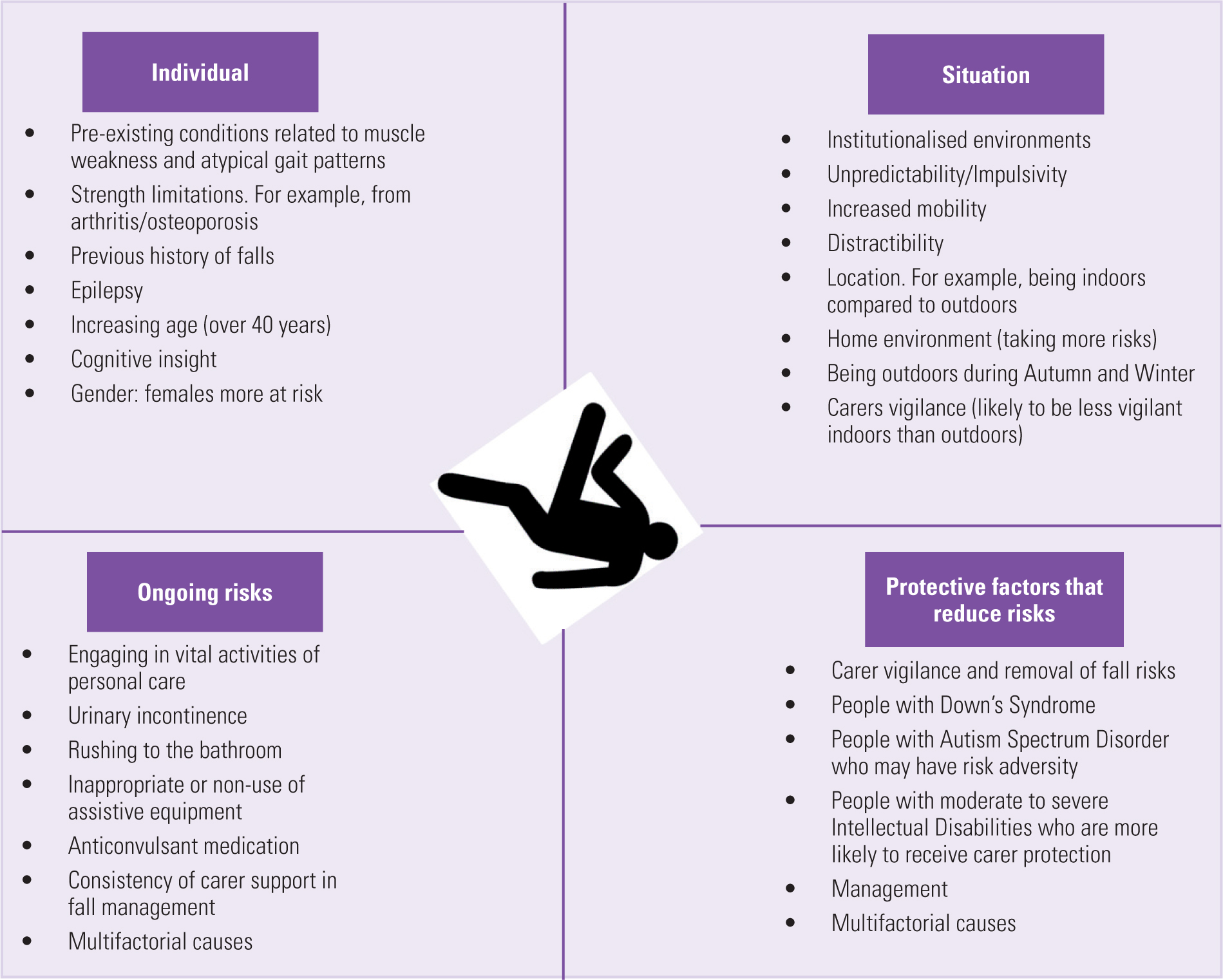Facts About Dementia Fall Risk Uncovered
Table of ContentsSome Of Dementia Fall RiskSome Known Facts About Dementia Fall Risk.Getting The Dementia Fall Risk To WorkThings about Dementia Fall RiskGetting My Dementia Fall Risk To Work
Guarantee that there is an assigned location in your medical charting system where personnel can document/reference scores and record pertinent notes connected to drop avoidance. The Johns Hopkins Fall Threat Assessment Device is one of several devices your staff can use to aid prevent damaging clinical events.Patient drops in health centers are typical and devastating negative events that linger despite years of initiative to decrease them. Improving interaction across the evaluating nurse, treatment team, individual, and client's most included buddies and family members may reinforce autumn prevention efforts. A group at Brigham and Female's Health center in Boston, Massachusetts, sought to develop a standard fall avoidance program that focused around boosted communication and patient and family members engagement.

The advancement team highlighted that effective execution depends upon patient and staff buy-in, integration of the program right into existing operations, and integrity to program procedures. The group noted that they are coming to grips with exactly how to guarantee continuity in program implementation throughout durations of dilemma. During the COVID-19 pandemic, as an example, an increase in inpatient falls was related to constraints in patient engagement along with restrictions on visitation.
Not known Factual Statements About Dementia Fall Risk
These events are normally considered preventable. To execute the intervention, companies need the following: Accessibility to Autumn suggestions resources Loss ideas training and re-training for nursing and non-nursing personnel, including brand-new nurses Nursing operations that permit individual and family members engagement to conduct the drops evaluation, ensure use of the prevention plan, and perform patient-level audits.
The results can be very damaging, often increasing client decrease and causing longer medical facility keeps. One study approximated stays increased an added 12 in-patient days after a client fall. The Fall TIPS Program is based on engaging clients and their family/loved ones throughout three primary procedures: evaluation, customized preventative treatments, and auditing to make certain that patients are participated in the three-step loss prevention process.
The individual analysis is based upon the Morse Loss Range, which is a verified autumn risk analysis device for in-patient healthcare facility setups. The scale consists of the 6 most usual reasons individuals in healthcare facilities drop: the individual fall history, high-risk conditions (including polypharmacy), use of IVs and other outside gadgets, psychological condition, gait, and mobility.
Each threat element relate to several actionable evidence-based treatments. The registered nurse produces a plan that includes the treatments and shows up to the treatment group, client, and family on a laminated poster or printed visual help. Registered nurses create the strategy while meeting the client and the reference individual's family.
Dementia Fall Risk Can Be Fun For Anyone
The poster acts as a communication device with various other participants of the person's care team. Dementia Fall Risk. The audit part of the program includes assessing the person's knowledge of their danger aspects and avoidance plan at the unit and healthcare facility levels. Registered nurse champions conduct at least five specific interviews a month with patients and their households to look for understanding of the fall avoidance strategy

An estimated 30% of these falls result in injuries, which can range in extent. Unlike other unfavorable occasions that need a standardized clinical feedback, fall avoidance depends extremely on the demands of the person.
Getting My Dementia Fall Risk To Work

Based upon bookkeeping results, one website had 86% conformity and two websites had more than 95% conformity. A cost-benefit evaluation of the Loss ideas program in eight hospitals approximated that the program expense $0.88 per person to execute Bonuses and led to financial savings of $8,500 per 1000 patient-days in straight expenses related to the avoidance of 567 drops over 3 years and 8 months.
According to the innovation team, companies thinking about carrying out the program ought to perform a readiness assessment and falls prevention spaces evaluation. 8 Additionally, organizations need to make certain the necessary framework and operations for implementation and create an execution plan. If one exists, the organization's Autumn Avoidance Task Pressure need to be associated with preparation.
The Definitive Guide to Dementia Fall Risk
To begin, companies need to make certain completion of training modules by registered nurses and nursing assistants - Dementia Fall Risk. Health center team must analyze, based upon the demands of a healthcare facility, whether to use a digital health record hard copy or paper version of the autumn prevention strategy. Executing teams ought to recruit and train registered nurse champions and develop processes for auditing and reporting on autumn information
Personnel require to be associated with the procedure of revamping the operations to involve patients and family in the assessment and avoidance plan procedure. Systems his explanation must remain in location to make sure that systems can understand why a loss occurred and remediate the cause. More particularly, nurses ought to have channels to provide recurring comments to both team and device management so they can adjust and improve autumn prevention process and connect systemic problems.